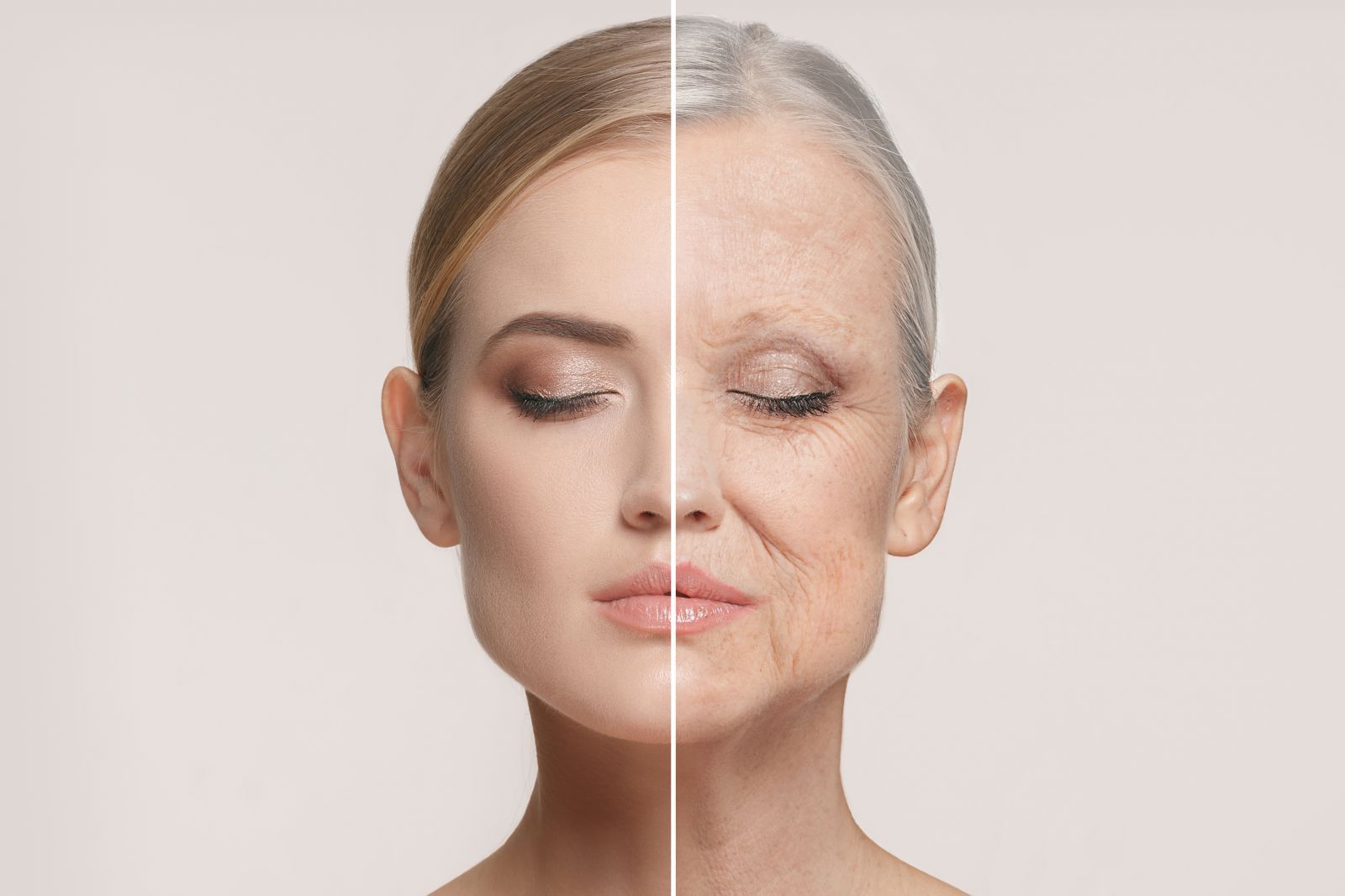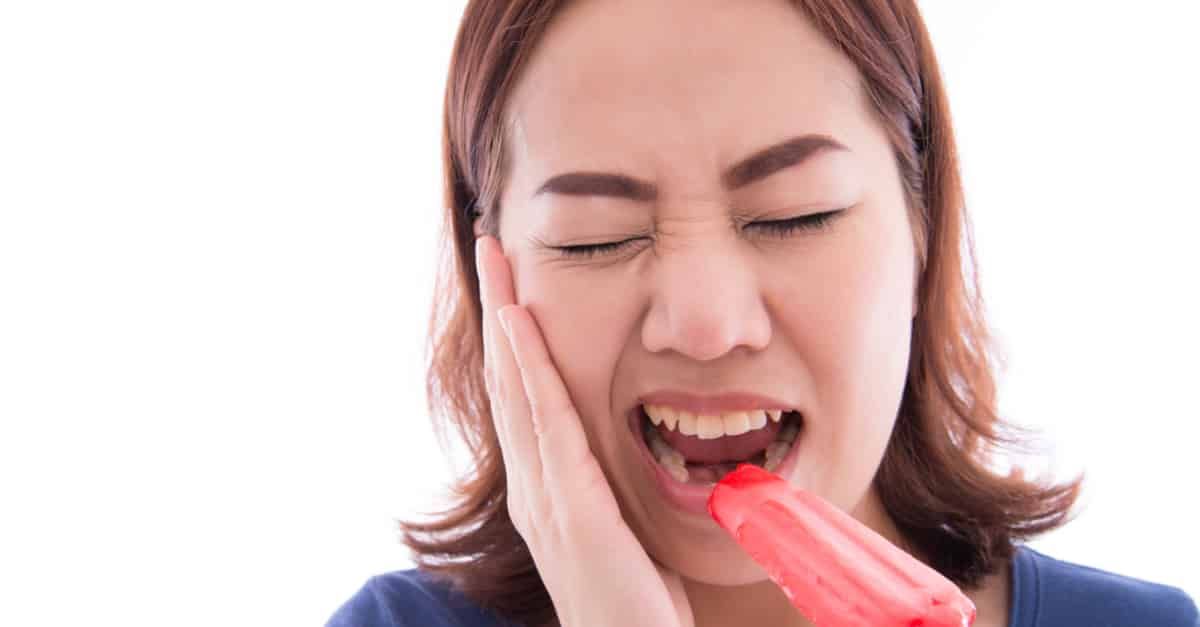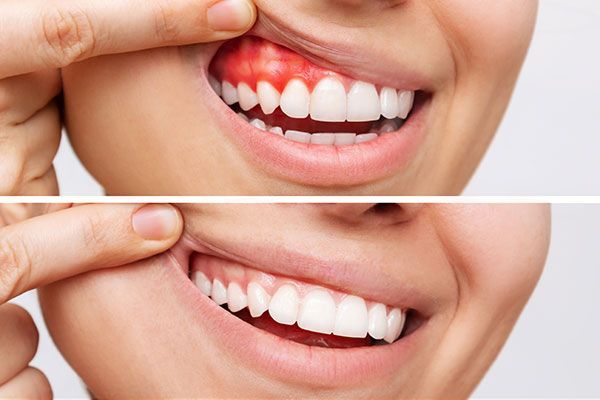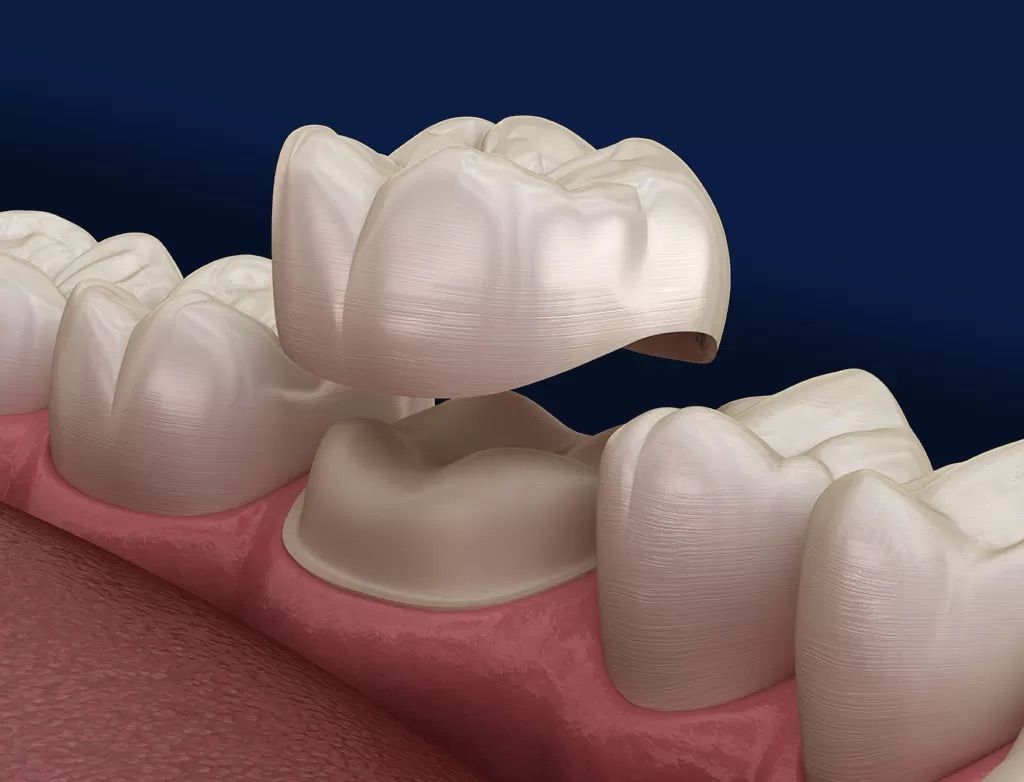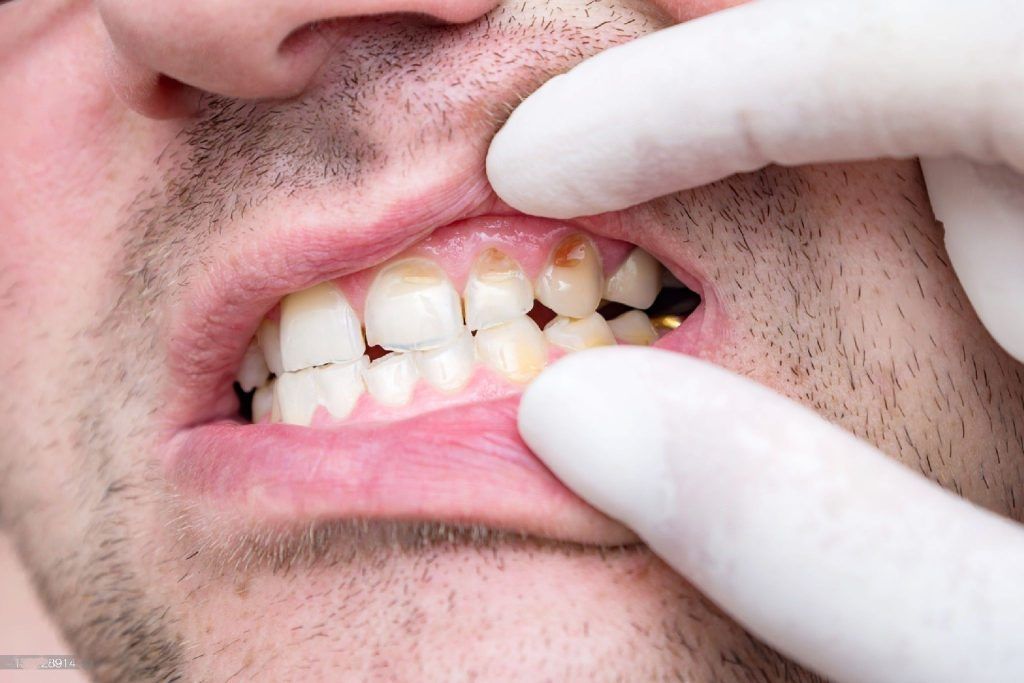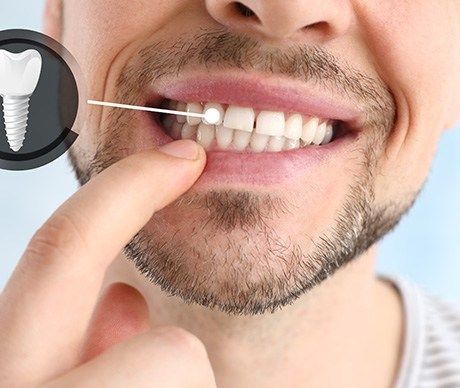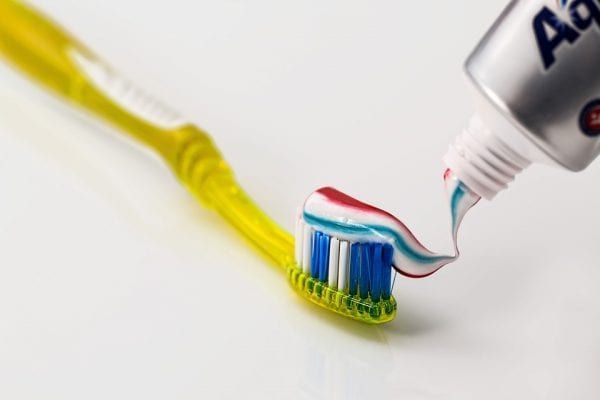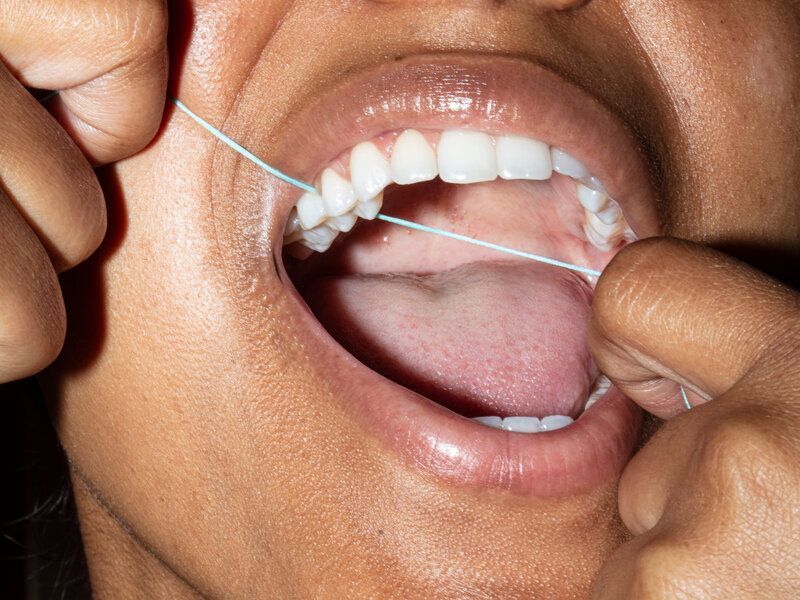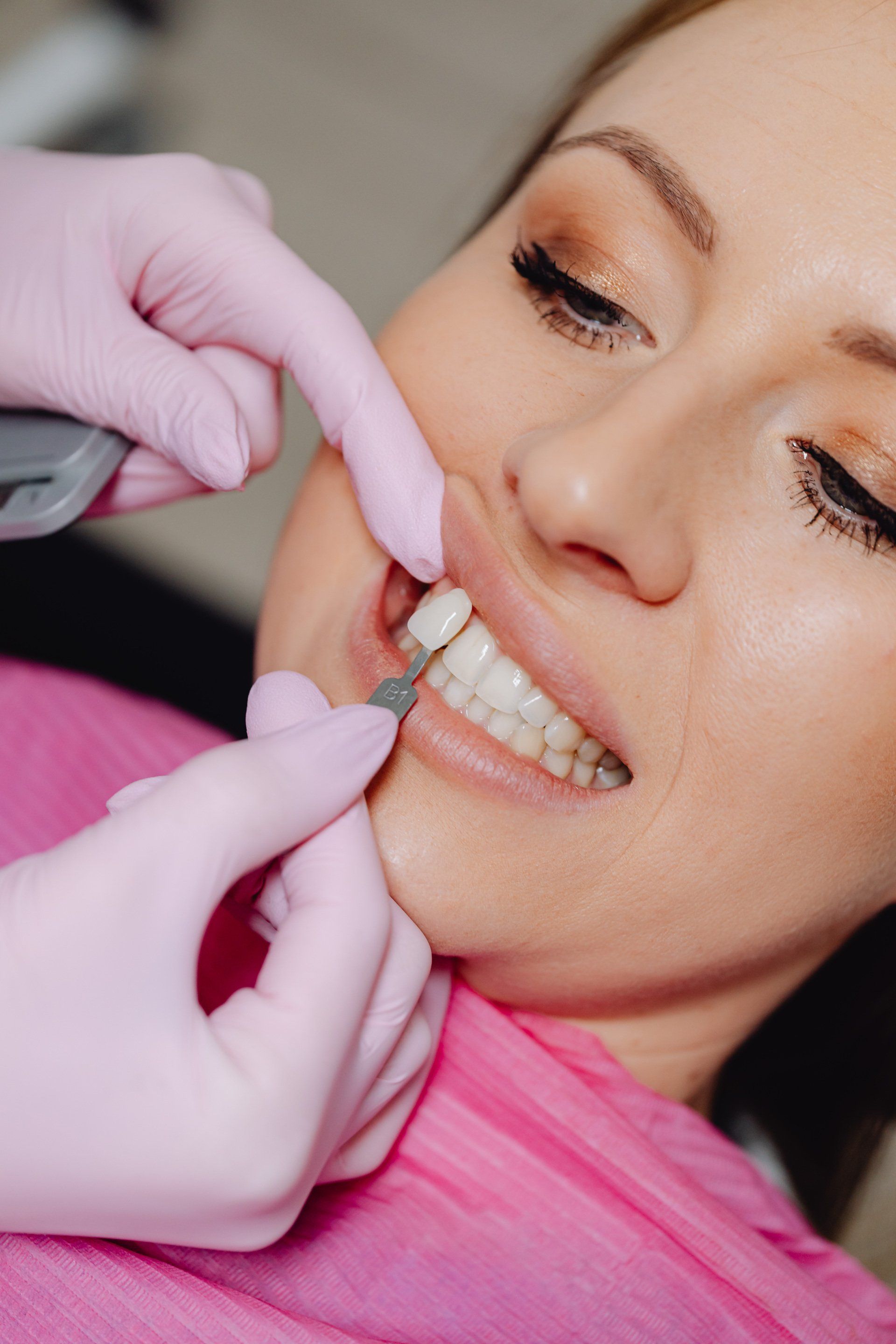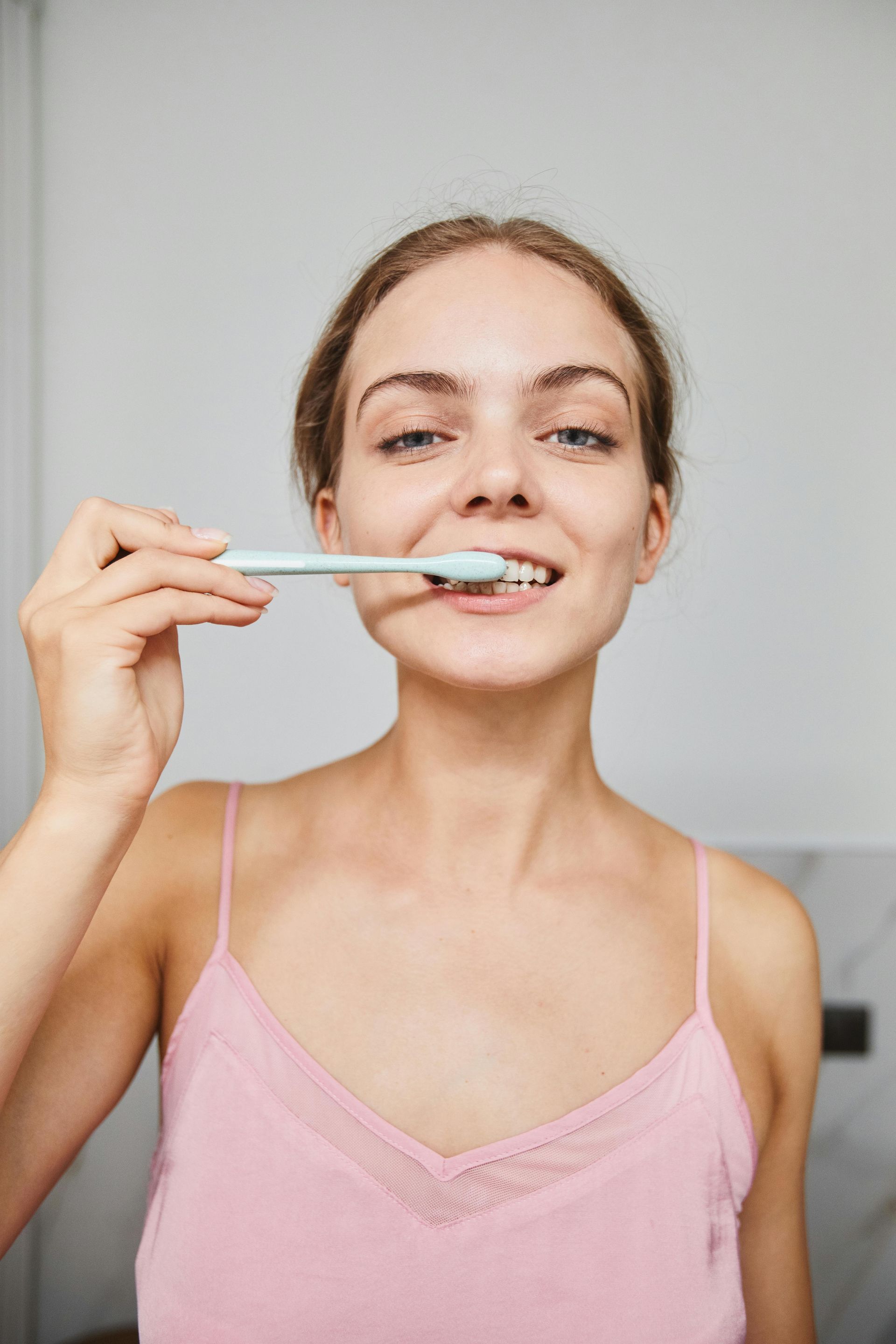Why Are My Gums Bleeding? How to Fix Bleeding Gums
If you notice pink in the sink or bleeding when flossing or brushing, it is your body's way of signaling that something's amiss in your oral health.
First, bleeding gums is common. However, it should not be ignored either. It is a sign that your gums are inflamed and irritated. We will cover the most common causes of bleeding gums.
The main cause of bleeding gums
Gingivitis
Gingivitis is the most likely reason for bleeding gums. Gingivitis is the early stage of gum disease; caused by a buildup of plaque, foods, and/or bacteria.
These irritants stimulate your immune system to fight, causing weakened, swollen gums that bleed easily. Fortunately, this is easily fixed with diligent home care.
Periodontal Disease
Periodontitis is a more severe gum disease that has spread into the ligaments and bones supporting the teeth. Gum disease needs immediate attention to prevent further progression.
Untreated gum disease continues to drive deeper past the gums and into the connective tissue and bone that supports the teeth. Additionally, chronic inflammation is devastating to your heart and overall health.
Food Traps
Misaligned teeth, bridges, bulky restorations, and bone loss can cause areas that trap food. If the bleeding is localized to an area that is trapping food, consider carrying flossers or proxy brushes to cleanse the area after every meal.
Aggressive Brushing
While maintaining oral hygiene is crucial, overzealous brushing can harm your gums. Avoid hard-bristled toothbrushes, or applying too much force which can irritate or damage your gum tissue, causing bleeding.
Nutritional Deficiencies
Deficiencies in vitamins, especially vitamin C and vitamin K, can weaken your gums, making them more susceptible to bleeding.
Additionally, your diet can increase plaque production and susceptibility to developing gingivitis. For instance, sugary sodas can cause an increase in irritating plaque sticking along the gumline.
The foods we consume affect our oral biome, the good vs harmful bacteria in our mouth. Healthy foods will support a healthy oral biome; these good bacteria help to rid the problematic bacteria that cause gum disease and cavities.
Medications
Some medications, particularly those that thin the blood, can increase your risk of bleeding gums. If you notice a change after starting a new medication, consult your healthcare provider.
Hormones and Gingivitis
Hormone fluctuations, particularly progesterone and estrogen can exacerbate gingivitis, such as during puberty, menstruation, pregnancy, birth control, and menopause. During these times you may notice an increase in bleeding.
What Can You Do About Bleeding Gums?
Increasing your oral hygiene routine is the first step in addressing bleeding gums—brush
morning and night, along with daily flossing.
If you have areas that trap food, you may need to cleanse after every meal. A waterpik also is beneficial in keeping the mouth clean.
If your bleeding gums are due to nutritional deficiencies, incorporating a balanced diet rich in vitamins and minerals can help strengthen your gums.
Regular dental check-ups are crucial. A professional cleaning can remove the tartar buildup that brushing and flossing can't.
Your dentist can also identify and treat gingivitis before it progresses to more severe forms of gum disease.
Remember, bleeding gums is a sign that your gums need attention. Whether adjusting your oral care routine or seeking professional treatment, taking action can help restore your gum health and prevent further complications.
Dentist Near You
Salem Dental Arts is committed to helping you achieve and maintain optimal oral health. If you're concerned about bleeding gums or other dental issues, don't hesitate to contact us for a consultation. Our compassionate team is here to provide personalized care and solutions to ensure your smile is healthy and bright.
Contact Us!
Office Hours:
Monday: 8am - 5pm
Tuesday: 8am - 5pm
Wednesday: 8am - 4pm
Thursday: 8am - 5pm
Friday: Closed
Saturday: Closed
Sunday: Closed
Request an Appointment
Contact Us
We will get back to you as soon as possible.
Please try again later.

